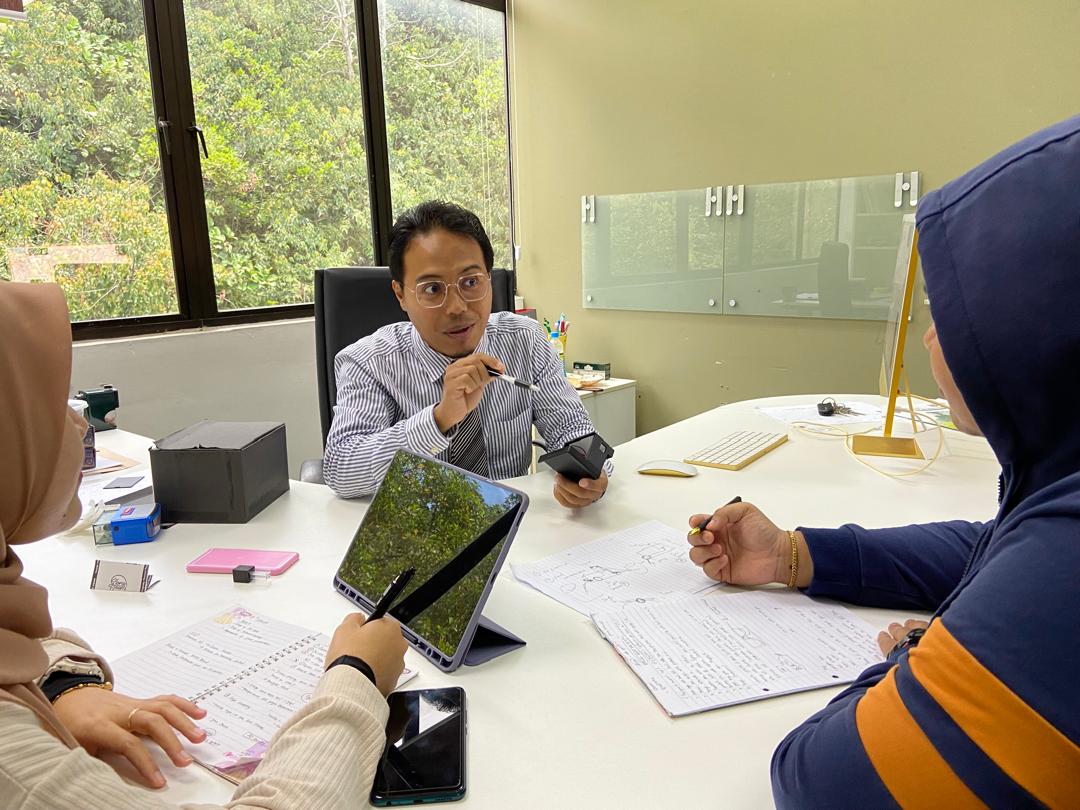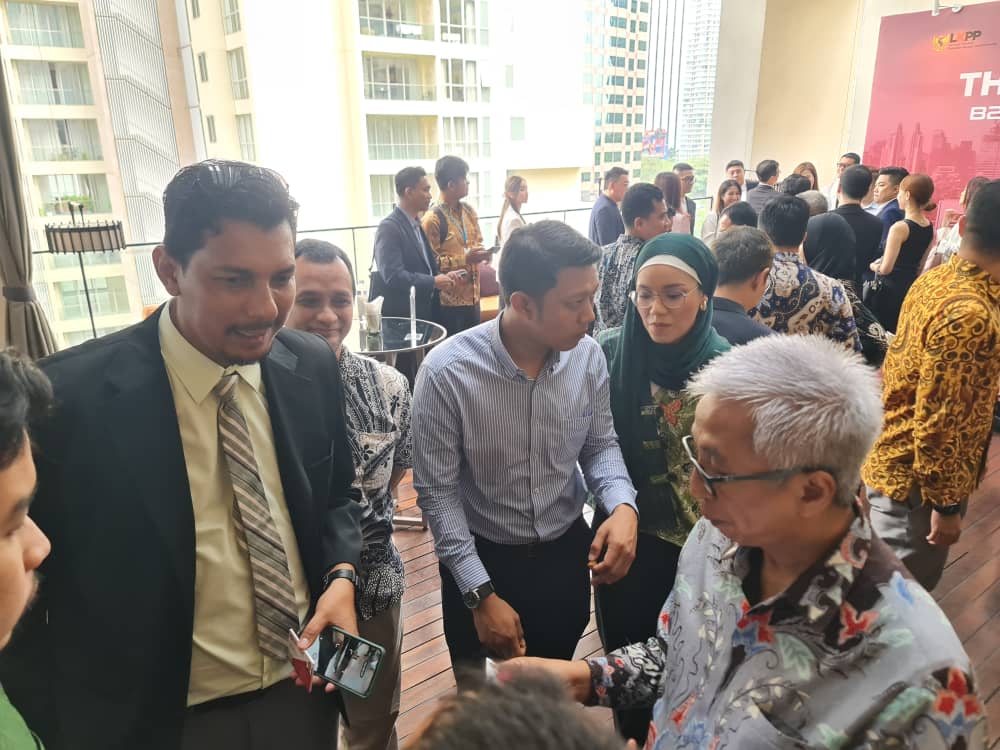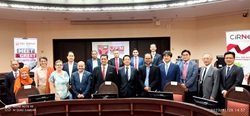Annually, the Malaysian government channels over RM 1 billion into fostering scientific innovation through its Ministry of Higher Education (MOHE) and the Ministry of Science, Technology, and Innovation (MOSTI). Yet, there remains a significant gap in transforming research into market-fit products, particularly high-tech and deep-tech innovations that could significantly benefit society. While numerous projects are underway, their journey from the lab to the market often resembles navigating a lengthy, dimly lit tunnel, with the end – successful commercialization – rarely in sight. This stagnation not only stalls economic progress but also diminishes the potential societal impact of substantial public investment in research and development.
In response to the rapid evolution of technology, it is imperative to revisit and refine the traditional Technology Readiness Levels (TRL) framework. By putting in critical factors such as market fit, sustainability, and user-centric design, we can significantly accelerate the technology transfer process. Focusing on market fit from the early stages ensures that innovations align closely with current and anticipated market demands, sidestepping the costly development of technologies with limited commercial viability. Similarly, emphasizing sustainability reflects a commitment to environmental and social responsibility, increasing the appeal and responsibility of new technologies in the global market.

In building the revised TRL framework, the importance of early and continuous market engagement emerges as a critical factor in ensuring that technologies are aligned with real-world needs and market dynamics from the outset. Engaging with potential users, industry stakeholders, and market experts during the early phases of development can provide invaluable insights that shape the direction and refinement of technological innovations. This proactive approach allows researchers to gather feedback, identify market gaps, and adjust their projects in real time, greatly reducing the risk of late-stage failures. The process keeps the newly-born ideas adaptable to changing conditions, thereby increasing their commercial viability and potential for impact.
The next critical element involves embracing cross-disciplinary collaboration, which further enhances the innovation pipeline. Cross-disciplinary collaboration is critical in the technology transfer process, integrating insights from various fields to address complex challenges more comprehensively. A fundamental realization in innovation: no single person or team can possibly know everything. Recognizing that the average of many perspectives is often superior to one, cross-disciplinary collaboration becomes not just beneficial but essential. This approach will deepen understanding of their societal implications, regulatory needs, and economic impacts.
Meanwhile, the impact of digital transformation on the tech transfer process is profound, with emerging technologies such as artificial intelligence (AI) and blockchain making establishing pathways through many sectors. With the recent Generative AI acceleration the pace of innovation should enable faster simulation, pre-totyping, and prototyping, allowing researchers to refine their ideas quickly and with greater precision. On the other hand, blockchain technology enhances transparency and security, facilitating smoother and more reliable exchanges of information and intellectual property between entities. These technologies also contribute to better data analysis, offering more useful insights into market trends, consumer behavior, and performance metrics, which can significantly inform the development process.
As technology continues to evolve, so too must the supportive structures around it, including policy frameworks and the broader innovation ecosystem which are crucial in facilitating this transition. Supportive policies and a robust innovation ecosystem play indispensable roles in nurturing and scaling tech innovations from the lab to the market. Effective funding mechanisms are essential, as they provide the financial support needed for extensive research and development activities, allowing for the exploration of risky or innovative ideas that might otherwise be unfeasible. Towards making research to be impactful, clear, and encouraging policies helps researchers navigate the complex academic landscape, and also the legal and compliance requirements.
Moreover, the establishment of collaboration platforms like the Centre of Industrial Relation and Network (CiRNeT) in UPM can bridge stakeholders in the innovation process, from researchers and developers to businesses and end-users. These platforms can facilitate knowledge exchange and joint problem-solving, as well as to foster partnerships that can lead to further innovation and market expansion. A well-supported ecosystem ensures that innovations do not falter after their initial development but continue to evolve, adapt, and be driven by ongoing engagement.
By integrating user-centric design, cross-disciplinary collaboration, and digital connectivity into the TRL framework, we create a comprehensive approach to accelerating tech transfer. These enhancements ensure technologies are practical, sustainable, and responsive to market needs. Enhanced digital tools streamline development and bridge the gap between research and market applications, speeding up commercialization and maximizing societal and economic impacts. Modernizing the TRL framework, a concept adopted from NASA since the 70s ensures that today's investments in innovation lead to more effective, real-world applications and benefits, transforming the promise of research into tangible successes.
by
Assoc Prof Ts. Dr. Amir Syahir Amir Hamzah
Deputy Director CiRNeT, UPM
Date of Input: 28/04/2024 | Updated: 28/04/2024 | zaidi_tajuddin
MEDIA SHARING































